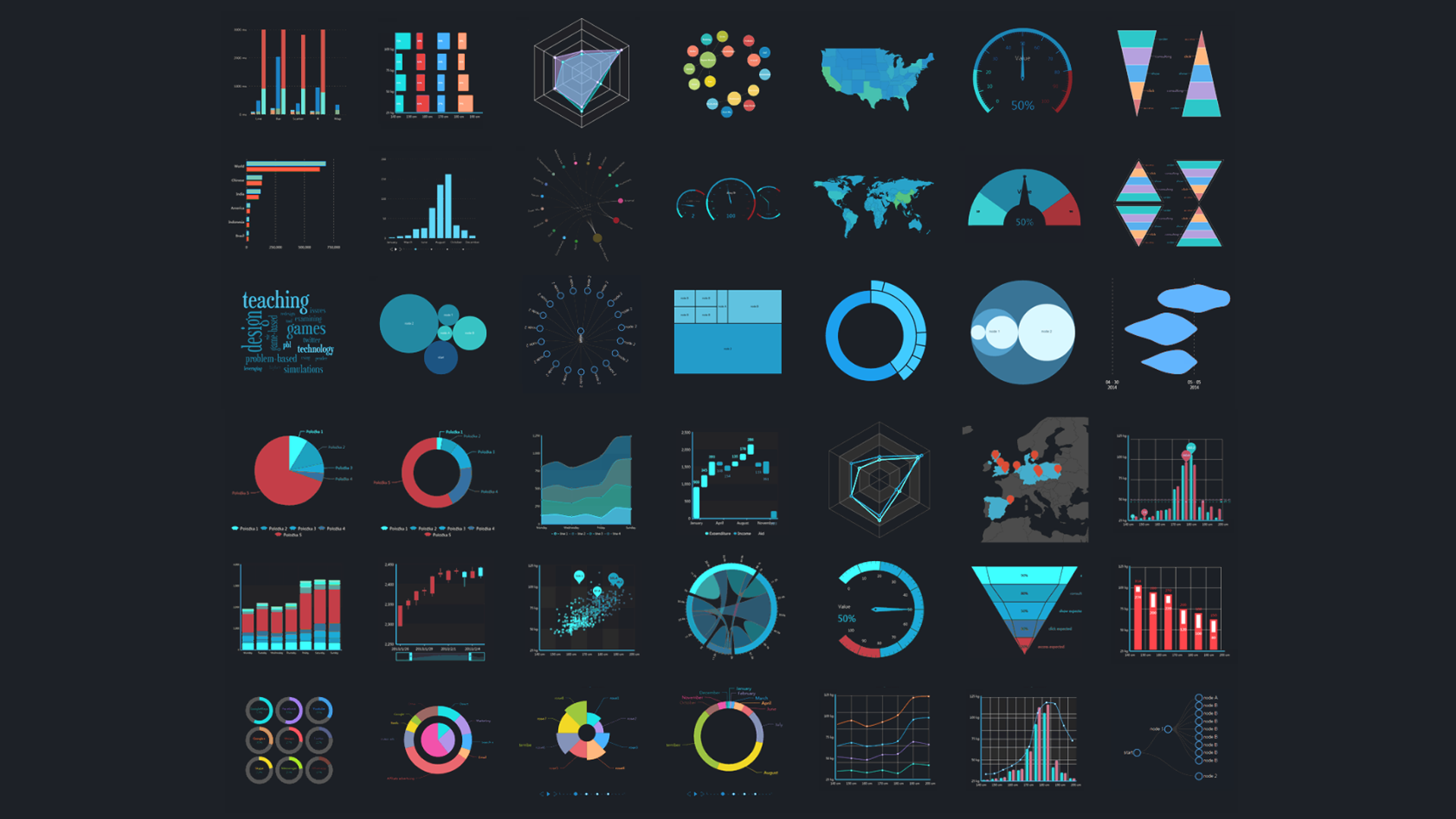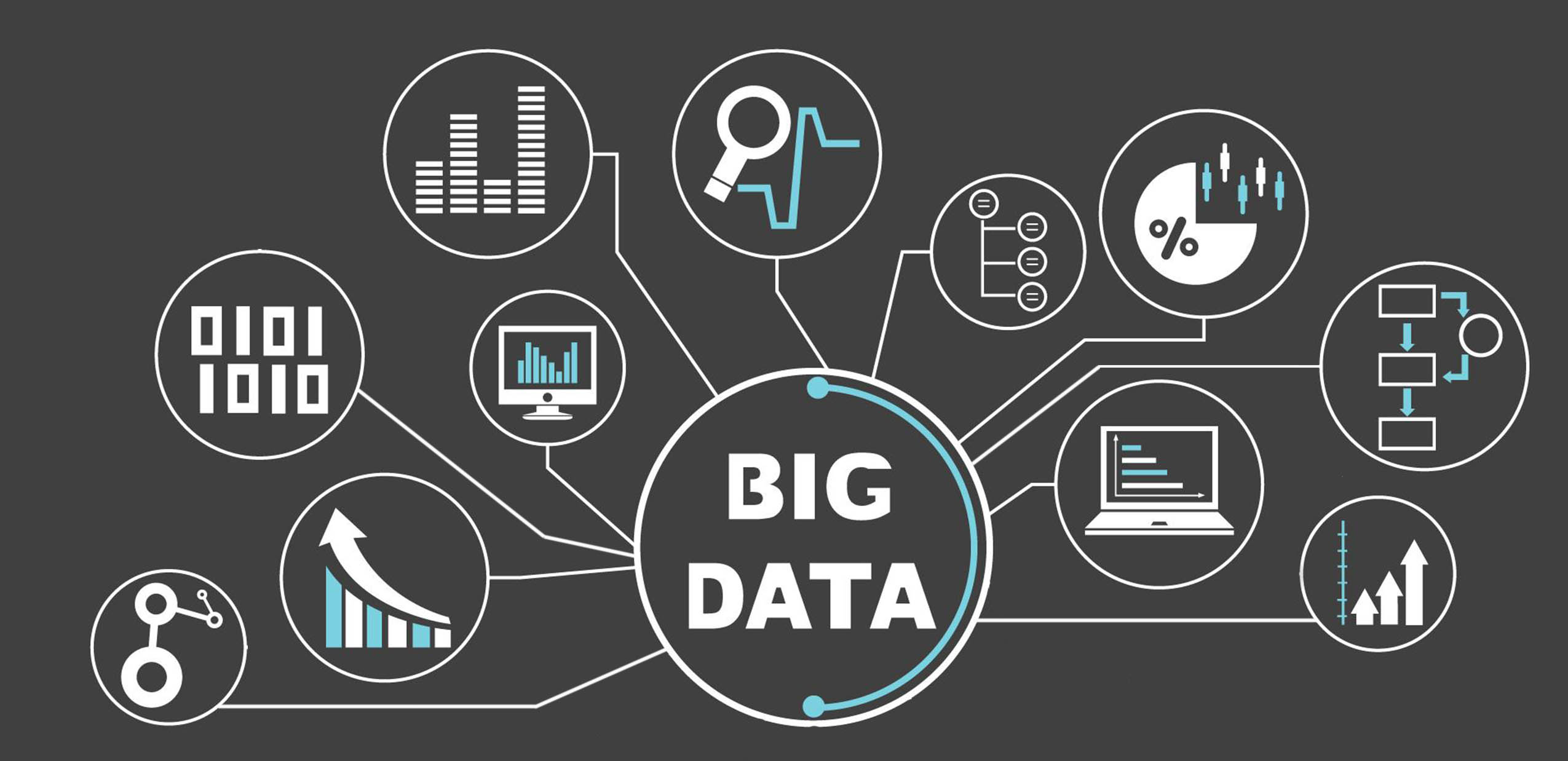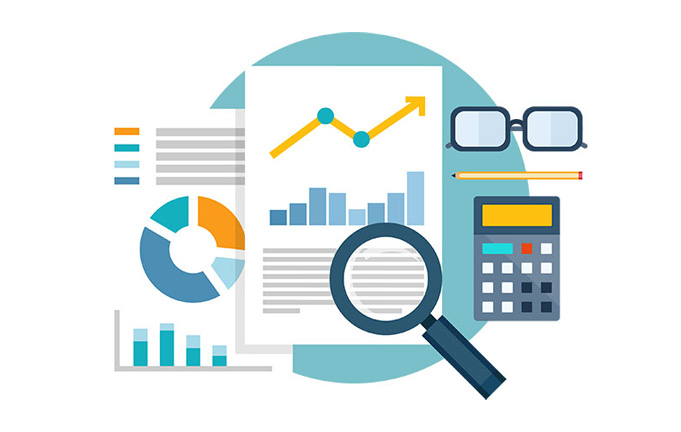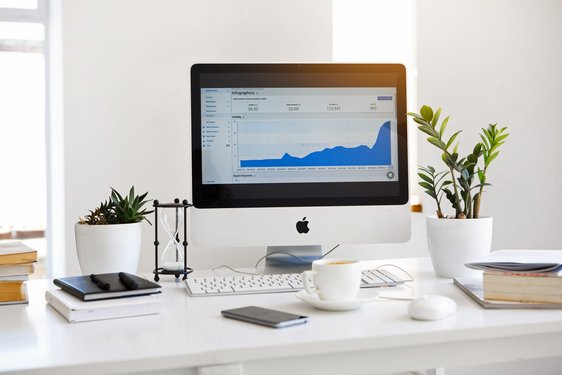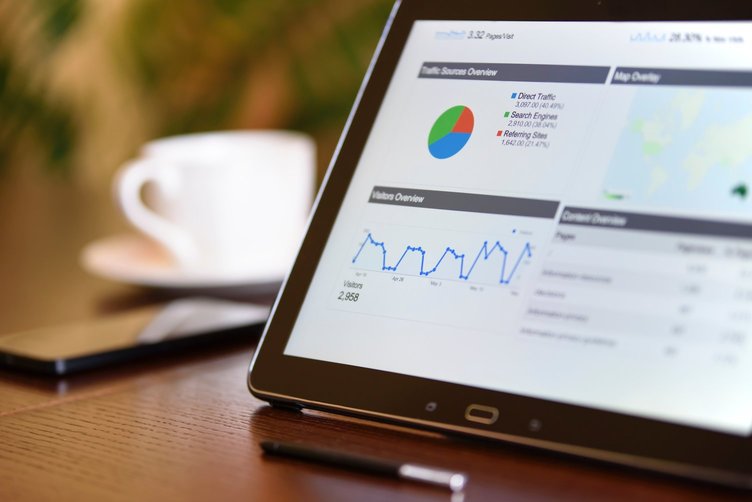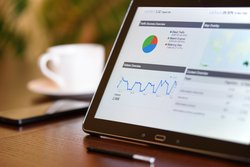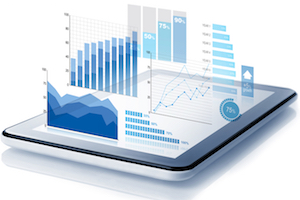The chances are that when you think about dashboards the first thing that is likely to pop into your head is an image of clusters of dials, warning lights, and digital readouts that are associated with monitoring equipment. From cars and aircraft to ships and electronic equipment, they all relay crucial information back to the operator through some kind of dashboard.
Data and your business
Your business could also be viewed as a machine that operates certain interconnected systems such as marketing, sales, admin, human resources, eCommerce, and others. All these aspects of your business are continually producing real-world effects on profit and business performance and all businesses are fundamentally affected by them. This is why accessing and understanding these metrics through the use of data is so vitally important to you.
Accessing your businesses data through dashboards
In terms of technological advances and their uses in business, if the shift from farming to the industrial revolution took several decades, the leap from hard copy and manually generated charts to desktop-based software programs could be measured in just a few years. After that, in the here and now, the evolution of SaaS and cloud-based data systems can probably be measured in only months! That means even if you aren’t using business dashboards already your competitors probably are.
Why your business needs dashboards
As a pretty safe rule of thumb, the bigger the operation, the more data it is likely to be producing. Now, that may initially sound like great news and any new business will bear witness to how data-hungry they are in the early stages of their development, but data can also become as much an enemy as a friend. It is all well and good producing and collecting huge amounts of data, however, it costs time and money to analyze it.
Making the most of your business data through dashboards
Business dashboards offer the solution to this issue of handling data by reducing the time and resources that have traditionally been used to collate and extract what is most relevant to your business. If you are still wondering whether a dashboard is relevant to your business you may want to consider that statistics suggest a staggering ninety percent of collected and circulated business data is ineffective!
Cost-effectiveness through business dashboards
Apart from the huge amount of man-hours that can be expended on collecting data and sifting through it, there is every chance that by the time some data has finally filtered through to where it needs to be in a business, it may already be out of date.
If your business is looking for a cost-effective data solution, dashboards are already delivering the results you need to companies and organizations just like yours all over the globe. So what should you look for when choosing a dashboard? Bearing in mind some of the points that we have already covered in this article, apart from ensuring that your business dashboard delivers those all-important and relevant KPIs, you may need to ask yourself some important and relevant questions. These are likely to include your goals, who the data is for, and how it will be used in your business. In the following, we take a look at the different types of dashboards, their applications, and who they are aimed at serving in your business.
Two distinct dashboard categories
Apart from considering data types and end-users, dashboards could be said to fall neatly into two distinct categories. These are analytical and operational or as is sometimes the case, a blend of the two. As you may imagine, operational types best suit organizations and businesses that may require feedback on on-going performance such as call centers. An analytically based dashboard, on the other hand, would most likely have uses in marketing and sales or calculations that are relevant to eCommerce and other profit-driven KPIs.
Something about dashboard types
Most forward-thinking dashboard suppliers would provide a further level of “out of the box” customization with the target area of your business clearly in mind. While this level of customization should by no means be a final “one size” fit, it brings it into closer alignment with specific key operations of your business. This ultimately saves much expense and time and further unnecessary customization can also be avoided.
Choosing the best fit for your business operations
Some of the types of dashboards commonly offered and to be considered are executive, sales, and marketing specific. There are also options for call centers, healthcare organizations, social media, and a diverse range of SEO and eCommerce applications too. While these more finitely targeted options may provide a core foundation for your business dashboard, the benefits of further customization and tailoring go almost without mention.
Considering your bottom line
While the wonders of modern dashboard technology provide for virtually all and every circumstance and an all-singing and dancing package is a very real possibility, profit doesn’t come through wasted resources. As we have touched upon already, data overload is becoming an increasingly real issue for businesses of all shapes and sizes, and ensure that yours isn’t wasting its time and money collecting and analyzing data for the mere sake of it is crucial to your bottom line.
Speaking your language
Just as you wouldn’t employ an English speaking workforce to conduct telesales to a Chinese market and then employ a team of interpreters to translate every call, neither would you consider doing the same with your data. Yet, if you’re chosen business dashboard isn’t clear, concise, and easy to understand by your end users that is exactly what you could end up doing. Unless you are in the specific business of data analytics, you won’t want to spend money and resources on unraveling data and translating it into usable information for the end-users within your business.
Choosing a business dashboard that provides Flexibility
As a business owner or manager you are likely to be familiar with the idea that in today’s fast-paced environment there are really only two distinct types of business. When even long-standing major retail chains are seen to collapse it brings this concept sharply into present-day focus. The fact is that a business is either expanding or contracting and there is no longer an option to merely standstill. This makes flexibility more relevant than ever before right across the business strata and your chosen dashboard should be no exception.
Considering scalability
In view of the above and considering that growth is a key consideration for your business, it makes perfect sense that your business dashboard has the built-in capability to grow with your business. While “scalability” has become something of a business community buzzword recently, the reality behind the concept has been cited as a major factor in small business failures. It is highly likely that businesses with access to relevant data are better placed to predict and cater for cash flow exhaustion and the effects of overtrading.
Ease of access using business dashboards
Along with the key factors flexibility and scalability, the modern business is becoming a far more global affair in every aspect of its operation and audience reach. Having unrestricted and instant access to your business's data is, therefore, now a major consideration if you are to act and react in the current fast-paced environment. Business dashboards that are totally mobile are almost a prerequisite for forward-thinking organizations that want access to their data anywhere at any time and you should insist that yours provides for it in the following ways:
Mobile business dashboards
From home offices to workers out in the field it has never been more crucial for businesses to access data exactly when they need it. Mobile business dashboards and apps provide a seamless data stream between your core databases and those who need access to it. Many important decisions can only be made in light of relevant data and mobile business dashboards are the perfect way to make sure that happens.
Keeping your head in the clouds
Having your often sensitive and important data in one physical location is never really the best idea a business could come up with. The great news is that with a cloud-based business dashboard system the security of your data is one less thing that you will need to worry about. With seamless integrations and access from both, an office-based computer and mobile devices the shackles will be well and truly removed from your flow of data, effectively setting it free to be accessed by your business from anywhere at any time.
Desktop business dashboard systems
Although a cloud-based and mobile compatible dashboard offers maximum flexibility for mobile and global access, there will be occasions where a desktop system is either sufficient or necessary. In these instances, the full software is added to the IT system within a company’s or organization’s premises and accessed in a conventional way via user permissions. The data provided from such a system can then be either forwarded to other users outside the office digitally or printed off as a hard copy.
The importance of integration
Remember what we said about language and interpretation? Well, imagine an office where every employee speaks a different language and consider the chaos it would undoubtedly cause. Now you have some idea of the difficulties that can arise when incompatible IT systems are forced to work together. Choosing a business dashboard that has the ability to integrate with both your existing and future IT is however only half of the story. From social media campaign access and accounting to marketing and sales, your important KPIs will only be available if your technologies can talk to each other.
Starting with a clean slate
One of the key features offered by market leaders in business dashboards is that the user gets to build the core product from the software that they provided. This not only means that your business has the total flexibility to select and initiate the data channels that are most relevant, but it also provides you with the all-important ability to filter out the masses of insignificant “data noise”. This ensures that you don’t end up wasting valuable time and resources sifting through irrelevant data further down the road.
Business dashboard training
Unless you want your employees to spend time on the phone talking to product support every time you need to alter a core function of your chosen business dashboard it will pay you to have hands-on involvement from the start. A system that takes you through every step of creating and operating your chosen business dashboard-type will put you firmly in the driving seat in every aspect of the system's creation and operation.
Backup and support when you need it the most
Having a supply partner that is available to your business whenever you need them can make a huge difference to your success too. That is why astute business owners and managers prefer to make the best-informed system choices with a team that offers the support they hope they never actually have to use. Then again, it is often said that you will never know how good a product or service really is until something goes wrong.
Making an informed business dashboard choice
We trust that after reading the topics we have covered in this article you are better informed about business dashboards, how they work, and what you should be looking for when choosing one for your business or organization. While the above is by no means an exhaustive resume of all that business dashboards have to offer it has hopefully given you at least some idea of how they may fit into your overall business strategy.
Taking data management to the next level
Maybe now is the time for your business to join the market leaders and move up to the next level of data technology. They say that information is king and with that in mind, making an informed choice and taking some time over doing so can only be a positive step towards making the best dashboard decision for your business.




